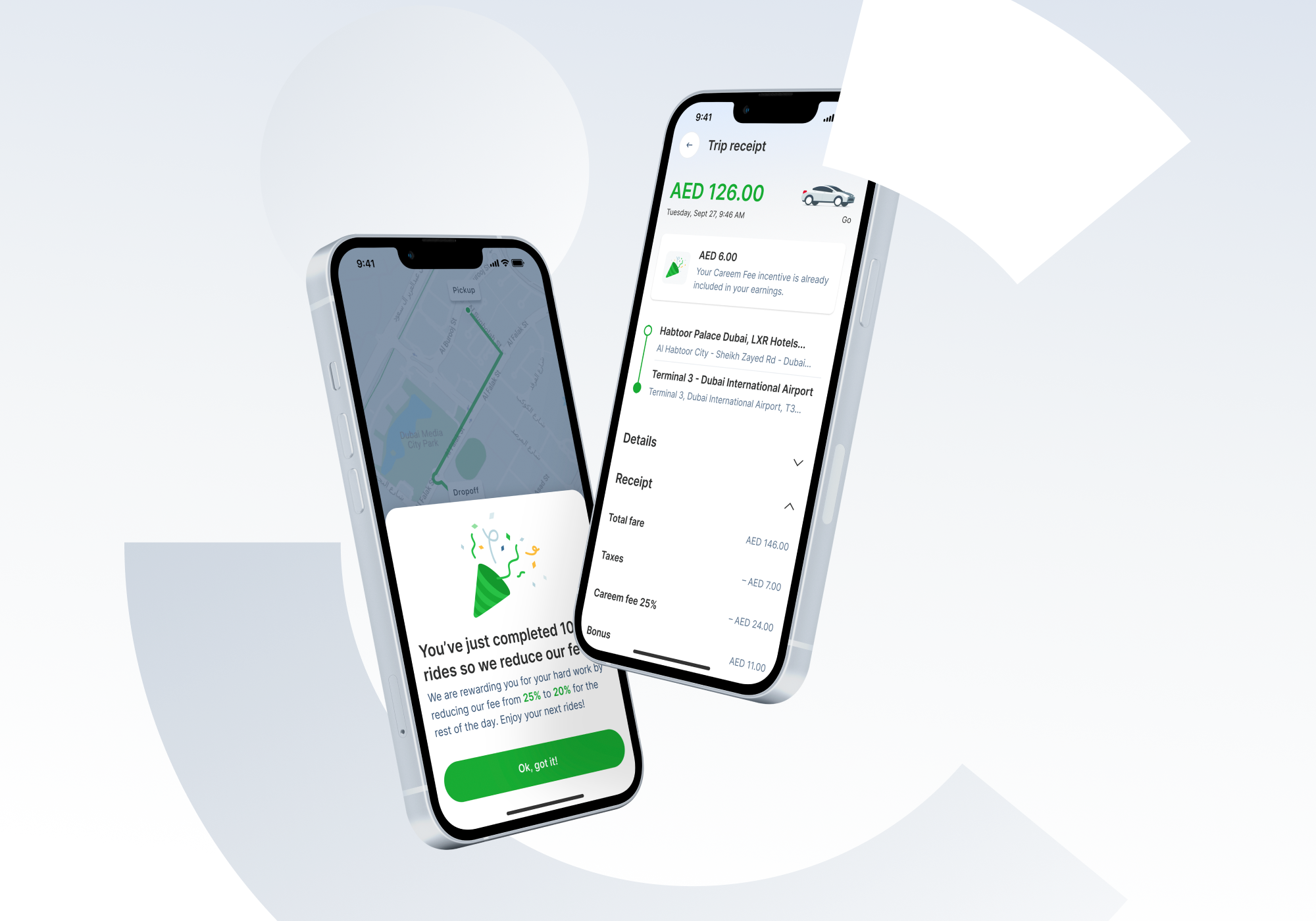What is composable commerce, and how can it transform your business?
Composable commerce redefines digital retail by allowing you to build an e-commerce platform tailored to your exact needs. Instead of being constrained by rigid, monolithic systems, you can integrate best-in-class tools—like CMS, payment gateways, or inventory management systems—to create a flexible and scalable ecosystem. This modularity ensures your platform grows with your business, empowering you to adapt quickly to market changes and customer expectations.
Why is composable commerce the key to global expansion?
Scaling your business globally has never been easier. Composable commerce equips you with the tools to localize experiences effortlessly—supporting multi-currency transactions, region-specific payment methods, and compliance with local regulations. This approach ensures seamless entry into new markets while maintaining operational efficiency and delivering a consistent brand experience worldwide.
How does composable commerce elevate customer experiences?
Your customers expect personalized, seamless shopping journeys—and composable commerce delivers. By integrating AI-driven analytics and customer data platforms, you can tailor product recommendations, optimize search results, and ensure consistent experiences across all channels. From in-store interactions to mobile and online shopping, composable commerce makes every touchpoint unforgettable.
What are the biggest benefits of choosing composable commerce?
Composable commerce is built for businesses that want freedom, scalability, and future-readiness. By enabling you to select the tools that work best for your unique needs, composable commerce eliminates vendor lock-in, allows effortless scaling to new markets or features, and ensures your platform evolves with the latest technologies. It’s the ultimate solution for businesses ready to grow and innovate without limits.
How does composable commerce ensure long-term success?
With composable commerce, your platform evolves alongside your business. Modular architecture allows for seamless upgrades and the integration of new technologies as they emerge. This future-proof approach ensures your e-commerce operations remain cutting-edge, delivering consistent value for years to come. It’s a strategic investment in both performance and innovation.
How does composable commerce ensure a secure and reliable platform?
Composable commerce is designed with security in mind, leveraging modular architecture to enhance reliability and reduce risks. Secure APIs enable encrypted communication between components, ensuring data exchanges are protected while maintaining performance. The independent nature of modules means that an issue in one part of the system does not compromise the entire platform, offering a built-in layer of resilience. Additionally, integrating components that comply with industry standards—such as PCI DSS for payment gateways or GDPR for data privacy—helps businesses meet critical security and regulatory requirements. Combined with the benefits of cloud-native infrastructure, which often includes robust encryption and automated updates, composable commerce provides a secure foundation for scalable and future-proof digital solutions.
What challenges can arise with composable commerce, and how can they be overcome?
Transitioning to composable commerce requires the right expertise to integrate and manage multiple components effectively. Partnering with experienced providers ensures a smooth implementation process, from planning to maintenance. At Netguru, we guide you through every step, providing the technical support and strategic insights needed to maximize your platform’s potential.
What is retail management software?
Retail management software assists retailers in their business operations. It provides features that help manage and streamline all the tasks involved in running a retail business, from sales and customer service to inventory management, employee scheduling, and financial reporting. It helps retailers make informed decisions, optimize processes, and enhance customer experiences. By automating repetitive tasks and providing critical business intelligence, retail management software can improve the efficiency and profitability of retail businesses
What are the benefits of retail software development?
Retail software development can result in improved efficiency, increased sales, and enhanced customer satisfaction. Custom software can be tailored to a retailer's specific needs, helping optimize operations, reduce manual tasks, and provide insightful data analytics. It can also offer a seamless shopping experience through integrated ecommerce and POS systems, personalized customer engagement through CRM, and much more.
Why is technology important in retail stores?
Technology keeps retail stores operational and efficient, enabling workers to accomplish more or focus on providing great customer service. It enables functionalities like real-time inventory tracking, seamless transactions through POS systems, personalized marketing with data analytics, and interactive customer experiences with digital signage and mobile apps. Moreover, technology facilitates an omnichannel retail strategy, integrating in-store, online, and mobile shopping experiences.
What are supply chain management systems?
Supply Chain Management Systems (SCMS) are software solutions that manage and optimize the entire supply chain process, from supplier to consumer. They help in managing the flow of goods, data, and finances, ensuring timely procurement, production, and delivery of products. SCMS can provide visibility into the supply chain, improve forecasting accuracy, reduce costs, and enhance customer satisfaction.
What are ecommerce platforms & POS solutions?
Ecommerce platforms are software applications that allow businesses to sell products online, manage content like product descriptions and catalogs, and handle customer transactions. Point of Sales (POS) solutions are systems used in physical stores to process customer transactions, manage inventory, and track sales. Many modern retail businesses use integrated ecommerce and POS solutions for a seamless omnichannel shopping experience.
What is the retail app development process?
The retail app development process starts with defining the app's objectives and target audience. Next, a detailed plan is developed, outlining the app's features, design, and technology stack. The app is then built in stages - design, development, testing, and launch. Post-launch, the app is regularly updated based on user feedback and analytics. It's essential to ensure the app aligns with the retail business' overall strategy and enhances the shopping experience.
What are custom ecommerce software solutions?
Custom ecommerce software solutions are tailor-made software applications designed to meet the specific needs of an online retail business. They can include features like product catalog management, shopping cart functionality, payment processing, customer relationship management, analytics, and anything else you need. Custom solutions offer flexibility and scalability, allowing businesses to add unique features, integrate with existing systems, and grow with their needs.
















